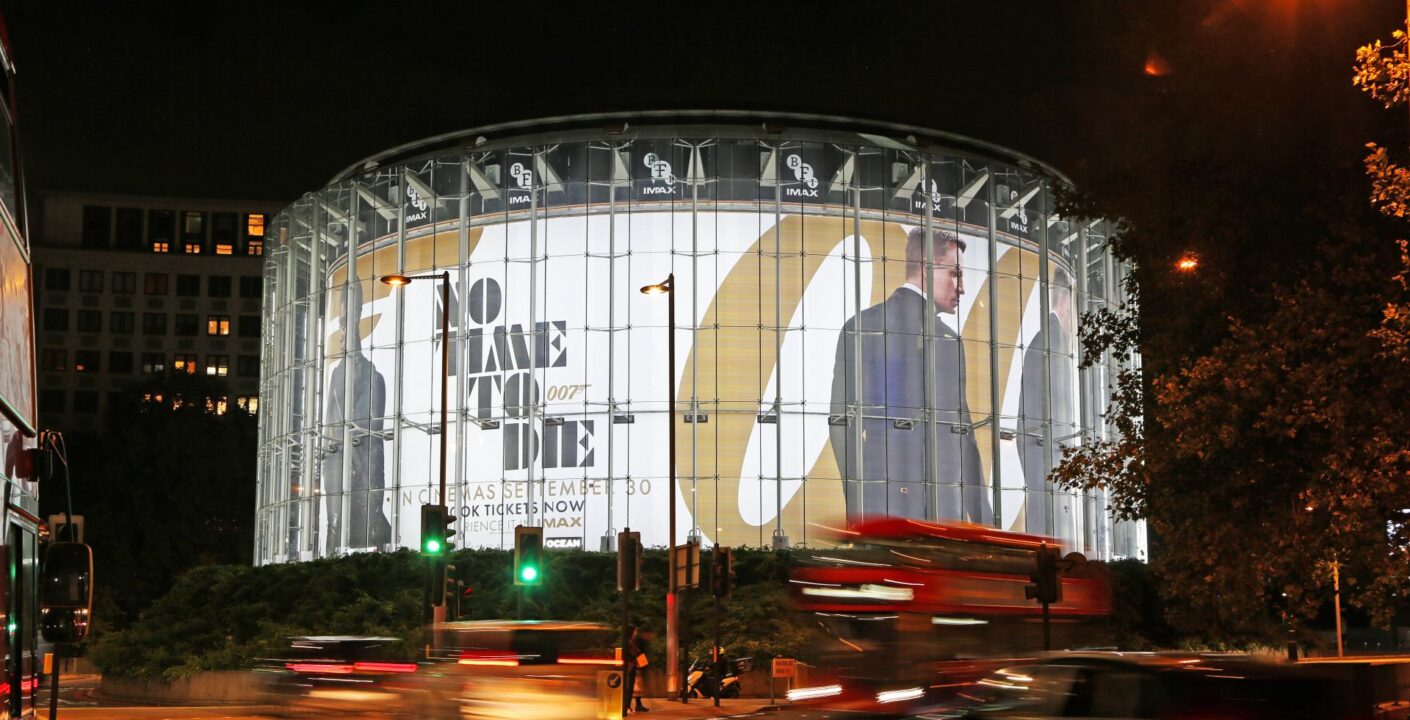Filmmaking in the UK has a long history, going all the way back to the Lumière brothers’ first cinematograph demonstration in London in the late 19th century. The earliest films produced in the UK were frequently brief, straightforward documentation of daily life, such as the 1895 film “Traffic on London Bridge.” Shortly after, though, filmmakers started experimenting with narrative storytelling and more complex productions
Robert W. Paul founded the first film studio in the UK in 1898, and it was situated in Muswell Hill, North London. Despite being a small, improvised operation, the studio marked a significant advancement for the industry. Paul went on to become a well-known figure in the early UK film industry, creating innovative works like “Come Along, Do!” in 1898, the first British motion picture to employ multiple shots and locations to tell a story.
The introduction of sound in 1929 marked one of the turning points in UK filmmaking history. Filmmakers had to adjust to a new style of storytelling that included dialogue, music, and sound effects as a result, which had a significant impact on the industry. Alfred Hitchcock’s 1929 film “Blackmail,” one of the first to use synchronised sound in the UK, featured this technique.
The founding of the British Film Institute (BFI) in 1933 was another significant turning point in the history of UK film production. In the years since its founding, the BFI has played a significant role in assisting filmmakers and advancing the industry. The BFI was created to advance and safeguard the art of cinema in the UK. The BFI continues to be a significant player in UK film production today, supporting up-and-coming talent and funding new endeavours.
Famous UK filmmakers and their worksFamous UK filmmakers and their works
Over the years, the UK has given the world many notable directors, from vintage figures like Hitchcock and David Lean to modern auteurs like Christopher Nolan and Danny Boyle. The Third Man (1949), “Lawrence of Arabia” (1962), “Trainspotting” (1996), “The Full Monty” (1997), and “Four Weddings and a Funeral” are some of the most well-known British movies (1994)
With studios like Aardman Animations producing well-known characters like Wallace and Gromit, the UK has also played a significant role in the world of animation. The UK has emerged as a leader in the visual effects industry in recent years, with firms like Framestore and Double Negative creating ground-breaking work for Hollywood blockbusters.
In conclusion, the history of UK filmmaking is an intriguing one that is rich in ingenuity, imagination, and passion. The UK has been instrumental in shaping and advancing cinema from the medium’s infancy to the present. We can anticipate that the UK will continue to play a significant role in the world of film production for many years to come as the industry continues to develop.





3 Comments
This is exactly what i was looking for, thank you so much for these tutorials
It would be great to try this theme for my businesses
What a nice article. It keeps me reading more and more!